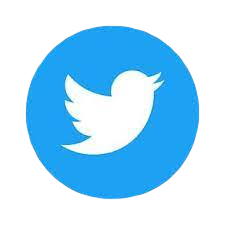THE "The Life of Lazarillo de Tormes": a Tool for Encouraging Critical Thinking in the Compulsory Secondary Education (ESO).
DOI:
https://doi.org/10.24310/isl.vi16.12870Keywords:
Debates, literature, critical thinking, research skills, The Life of Lazarillo de Tormes and of His Fortunes and AdversitiesAbstract
This research analyses to what extent the use of debates on literature and cross-cutting themes presented by means of journalistic texts encourages critical thinking in the compulsory secondary education (ESO), concretely within a sample of 128 participants from third year of the secondary school. Firstly, the study investigates the effectiveness of these debates for the correct establishment of literary knowledge from the chosen book, The Life of Lazarillo de Tormes; secondly, the progression (or regression) of critical thinking among the students. To do so, it has been developed and validated a required tool to measure this critical capacity, taking as a starting point Watson Glaser Critical Thinking Test; even if the test was too complex and ambiguous for the level of the students, the test fulfilled most of the requirements to perform this measurement. That is why it was decided to adapt the structure of this test to a new one, Critical Competence
Test (CCT), that allows a test to be carried out to assess the key aspects of critical thinking such as identifying
assumptions, evaluating arguments, drawing conclusions, and problem solving. The development of the CCT is of great importance because a short test was obtained, with an approximate duration of ten minutes and an understandable language for any level as it has been formulated on purpose for Spanish speakers. All this to facilitate the study participants to carry out the test and the improvement of critical capacity that is intended to be obtained with this research.
Downloads
Metrics
Publication Facts
Reviewer profiles N/A
Author statements
- Academic society
- N/A
- Publisher
- EduVerso, Universidad de Málaga
References
Senior School Physics Students. Centre for Science Education Educational Studies, Faculty of Education University of Glasgow, Scotland, United Kingdom.
Avernoo, F. (2021). Leer nos hace humanos. Octaedro.
Bachelard, G. (1994). La formación del espíritu científico. México: Siglo XXI. Bosch Caballero, M.ª del C. (2002) “Valores y creencias del profesorado de Secundaria sobre algunos aspectos de la educación” en Revista Electrónica Interuniversitaria de Formación del Profesorado, 5 (2).
Campos Arenas, A. (2007). Pensamiento crítico. Técnicas para su desarrollo. Bogotá: Cooperativa Editorial Magisterio. Caravita, S., & Hallden, O. (1994). Re-framing the problem of conceptual
change. Learning and Instruction, 4, 89-111.
Eduteka, (2006). ¿Por qué pensamiento crítico? Obtenido el 25 de abril de 2021 de http://www.eduteka.org/PensamientoCrítico1.php
Facione, P. A. (2007). Pensamiento crítico. Qué es y por qué es importante. Eduteka. Obtenido el 25 de abril de 2021 de http://www.eduteka.org/PensamientoCriticoFacione.php
Jiménez-Pérez, E. (2021). TCC (Test de Competencia Crítica). Investigaciones Sobre Lectura, 16, 1-19.
López Valero, A. (1998). “Los Conceptos curriculares en el área de Lengua y Literatura”. En A. Mendoza (Coord). Conceptos clave en didáctica de la lengua y la
literatura. Barcelona: Horsori, 101-113.
Marcano Medina, J. E. Desarrollando el pensamiento crítico: superando los prejuicios. Humacao, Universidad de Puerto Rico. Obtenido el 25 de abril de 2021 de http://www.uprh.edu/ccc/ciencias
Mestre Navas J. M., Fernández Berrocal, J. M. (2007). Manual de inteligencia emocional. Madrid: Pirámide. Mockus, A. (1989). Formación básica y actitud científica. Educación y Cultura, 17.
Moreno, J. - García López, R. (2008) El profesorado y la Secundaria: ¿demasiados retos?, Valencia, Nau-Llibres. Ortega, A. (2012). Del Currículo a la Acción Docente en el Aula. México: Ediciones CEIDE.
Paul R., Elder L. (2003). La mini-guía para el pensamiento crítico. Conceptos y herramientas. Fundación para el pensamiento crítico. Obtenido el 25 de abril de 2021 de http://www.criticalthinking.org
Peterson C., Seligman M. E. P. (2004). Character strengths and virtues: a handbook and classification. New York: Oxford University Press.
Puche, R. (2000). Formación de herramientas científicas en el niño pequeño. Cali: Universidad del Valle - Arango editores.
Punset E. (2005). El viaje a la felicidad. Las nuevas claves científicas. Barcelona: Destino.
Romero Ariza, M. (2010). El aprendizaje experiencial y las nuevas demandas formativas. Revista de Antropología Experimental, 10, 89-102. Seligman M. E. P. (2005). La auténtica felicidad. Barcelona: Byblos
Spelke, E. (1991). Physical knowledge in infancy: Reflections on Piaget’s theory. En Carey, S., & Gelman, R. (eds.), The epigenesis of mind: essays on biology and cognition. Hillsdale, NY: Erlbaum.
Tamayo, O. E. (2009). Didáctica de las ciencias: La evolución conceptual en la enseñanza y el aprendizaje. Manizales: Centro Editorial Universidad de Caldas.
Tamayo, O. E., Zona, R., & Loaiza, Z. Y. (2014). Pensamiento crítico en el aula de ciencias. Manizales: Universidad de Caldas.
Zabalza Miguel A., Calidad en la Educación Infantil, Naecea, Madrid, 2001.
Zilberstein, J. & Silvestre, M. (2001). ¿Cómo hacer más eficiente el aprendizaje? La Habana: Instituto Central de Ciencias Pedagógicas. Zilberstein, J., Silvestre, M. & Olmedo, S. (2016). Diagnóstico y transformación de la institución docente. México: Ediciones CEIDE.
Downloads
Published
How to Cite
Issue
Section
License
All contents published in Investigaciones sobre la Lectura are protected under the Creative Commons Attribution-NonCommercial-ShareAlike 4.0 International (CC BY-NC-SA 4.0) license. All about this license is available in the following link: <http://creativecommons.org/licenses/by-nc-sa/4.0>
Users can copy, use, redistribute, share and exhibit publicly as long as:
- The original source and authorship of the material are cited (Journal, Publisher and URL of the work).
- It is not used for comercial purposes.
- The existence of the license and its especifications are mentioned.
There are two sets of authors’ rights: moral and property rights. Moral rights are perpetual prerogatives, unrenounceable, not-transferable, unalienable, imprescriptible and inembargable. According to authors’ rights legislation, Investigaciones sobre la Lectura recognizes and respects authors moral rights, as well as the ownership of property rights, which will be transferred to University of Malaga in open access. The property rights are referred to the benefits that are gained by the use or the dissemination of works. Investigaciones sobre la Lectura is published in an open access form and it is exclusively licenced by any means for doing or authorising distribution, dissemination, reproduction, , adaptation, translation or arrangement of works.
Authors are responsable for obtaining the necessary permission to use copyrighted images.


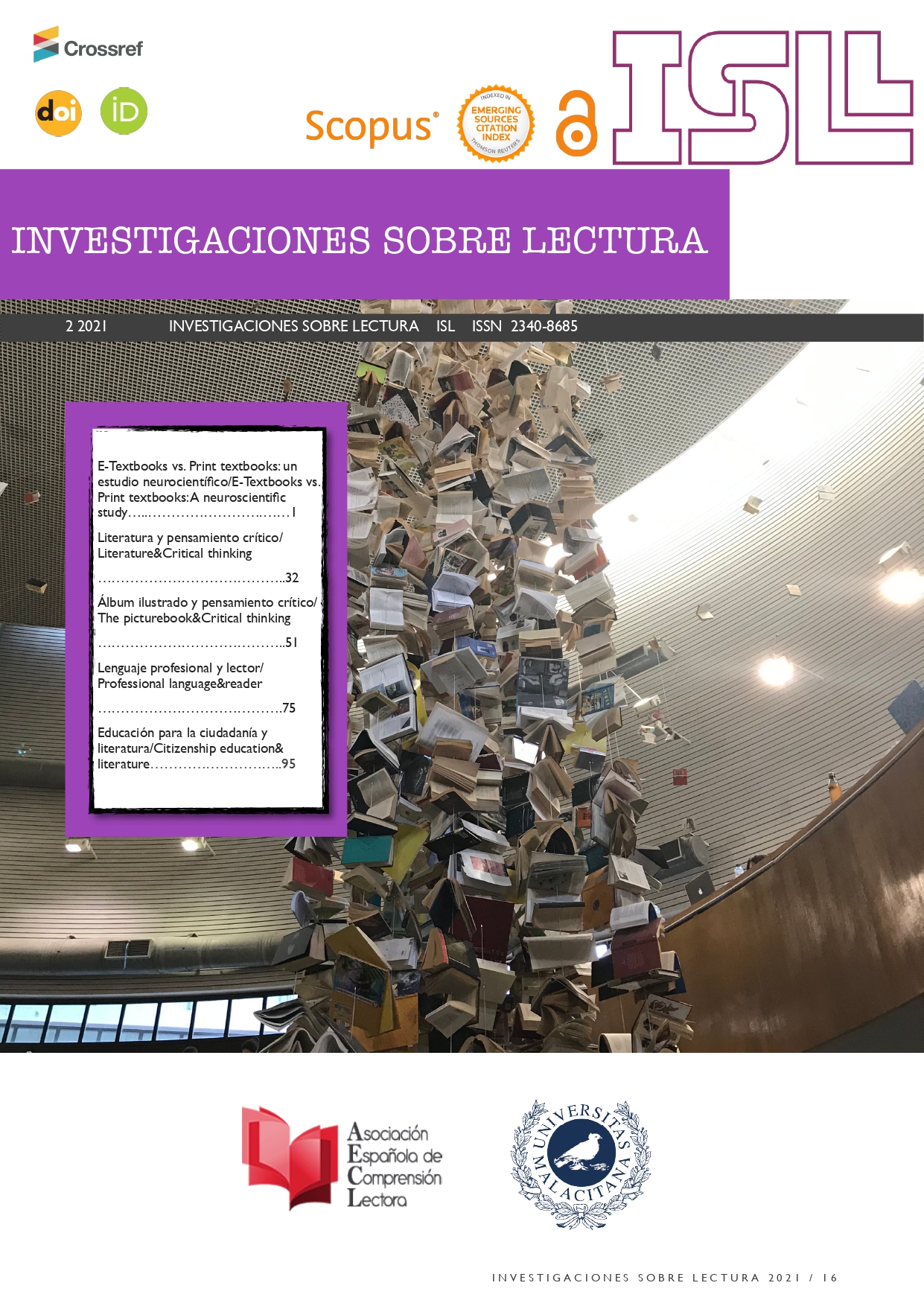




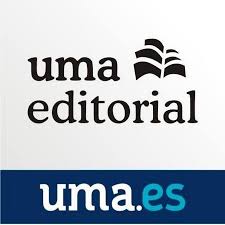
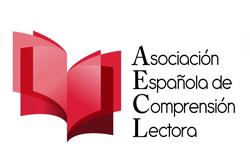
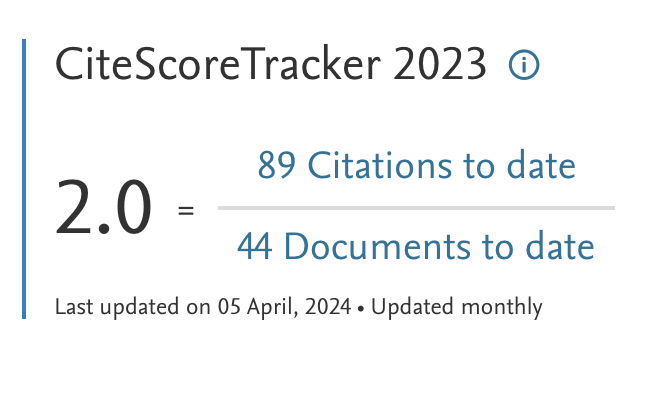
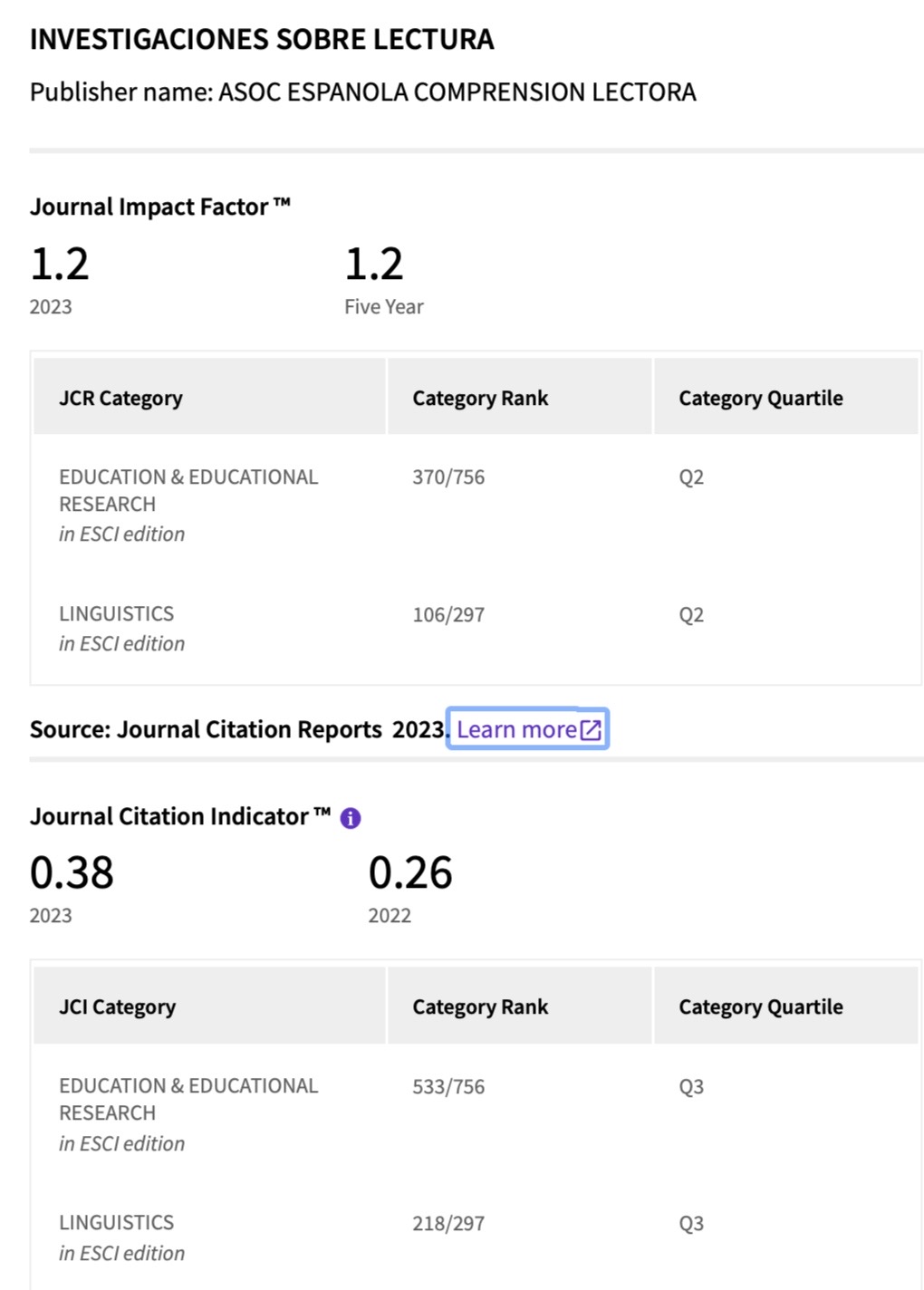
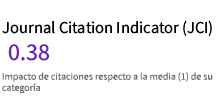
31.png)








